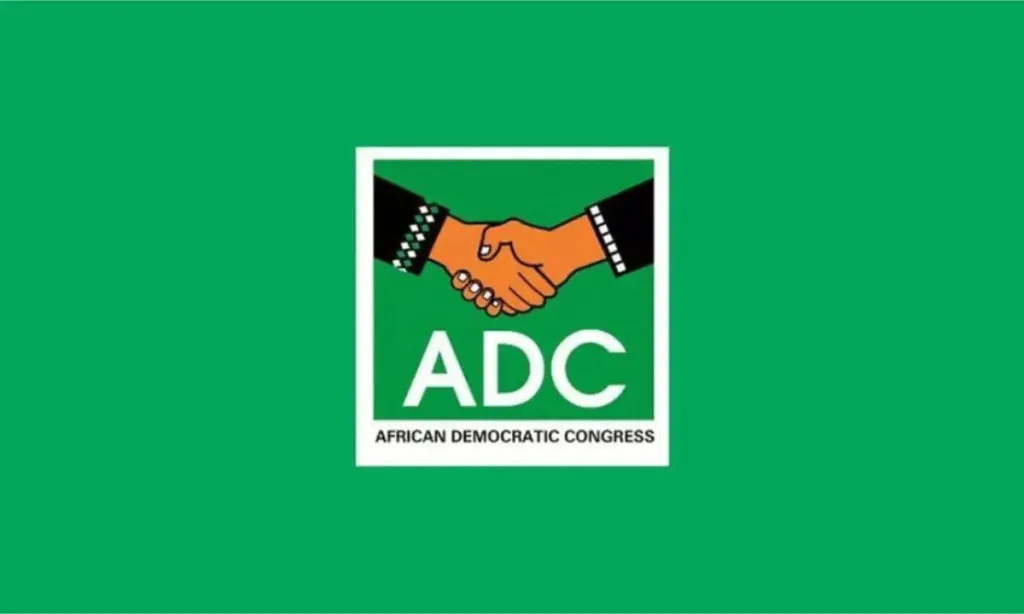Nigeria’s African Democratic Congress (ADC) has accused the ruling All Progressives Congress (APC) of manipulating the country’s anti-corruption agency to stifle political opponents, claiming such tactics risk damaging public faith in governance and undermining efforts to combat graft. In a strongly worded statement issued Monday, ADC’s National Publicity Secretary, Mallam Bolaji Abdullahi, alleged that the Economic and Financial Crimes Commission (EFCC) has become a partisan tool targeting critics of the government while shielding allies of the ruling party.
Abdullahi argued that the EFCC, established to impartially enforce anti-corruption laws, now operates as an “extension of the APC,” revisiting dormant cases against opposition figures and sidelining probes into governing party members. He cited an unnamed former governor who faced EFCC scrutiny until defecting to the APC, after which investigations into his administration allegedly “vanished without a trace.” The ADC framed the trend as part of a broader pattern, asserting that legal accountability has become contingent on political affiliation rather than evidence.
“The vision of an independent EFCC applying the law equally to all Nigerians—regardless of party—has been compromised,” Abdullahi said. “When investigations into APC allies disappear overnight, while opposition members face revived allegations, it creates a dangerous perception: justice is negotiable, and guilt depends on which party card you hold.”
The ADC’s criticism highlights longstanding concerns about Nigeria’s anti-corruption efforts, which critics claim have often focused disproportionately on political adversaries. The EFCC, funded by taxpayer money and tasked with prosecuting financial crimes, has faced recurring accusations of bias under successive administrations. However, the ADC emphasized that recent actions—including summoning opposition members over old cases—risk eroding the institution’s credibility and public trust.
“A partisan EFCC doesn’t just weaken the fight against corruption; it fuels public cynicism,” Abdullahi warned, stressing that the agency “belongs to the people, not the ruling party.” The statement did not provide specific evidence of cases involving APC members being shelved, but referenced the unexplained halt to probes into the former governor as indicative of selective enforcement.
The allegations coincide with heightened political tensions ahead of Nigeria’s 2027 general elections, where accountability mechanisms have historically faced scrutiny for perceived politicization. Analysts note that public confidence in institutions like the EFCC is critical to sustaining anti-graft reforms in a country ranked 145th out of 180 nations in Transparency International’s 2023 Corruption Perceptions Index.
Neither the APC nor the EFCC had publicly responded to the ADC’s claims at the time of reporting. However, the accusations underscore deepening scrutiny of Nigeria’s governance frameworks as opposition groups and civil society organizations demand transparency in the use of state agencies. How institutions navigate these pressures, observers say, could shape both Nigeria’s democratic trajectory and its decades-long struggle against systemic corruption.
